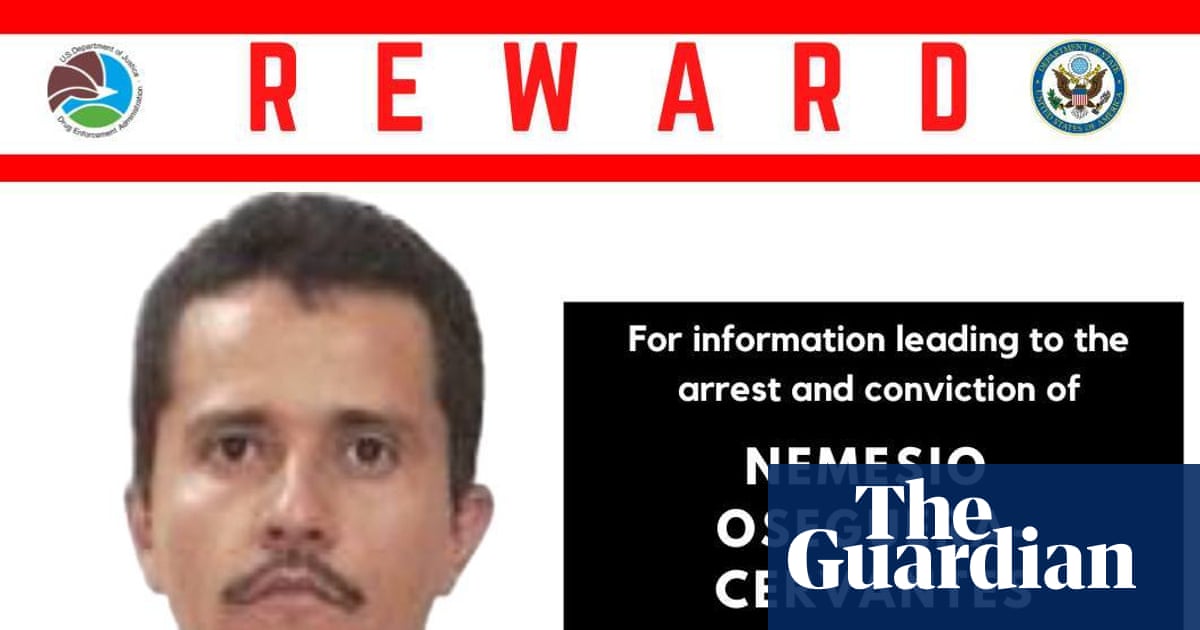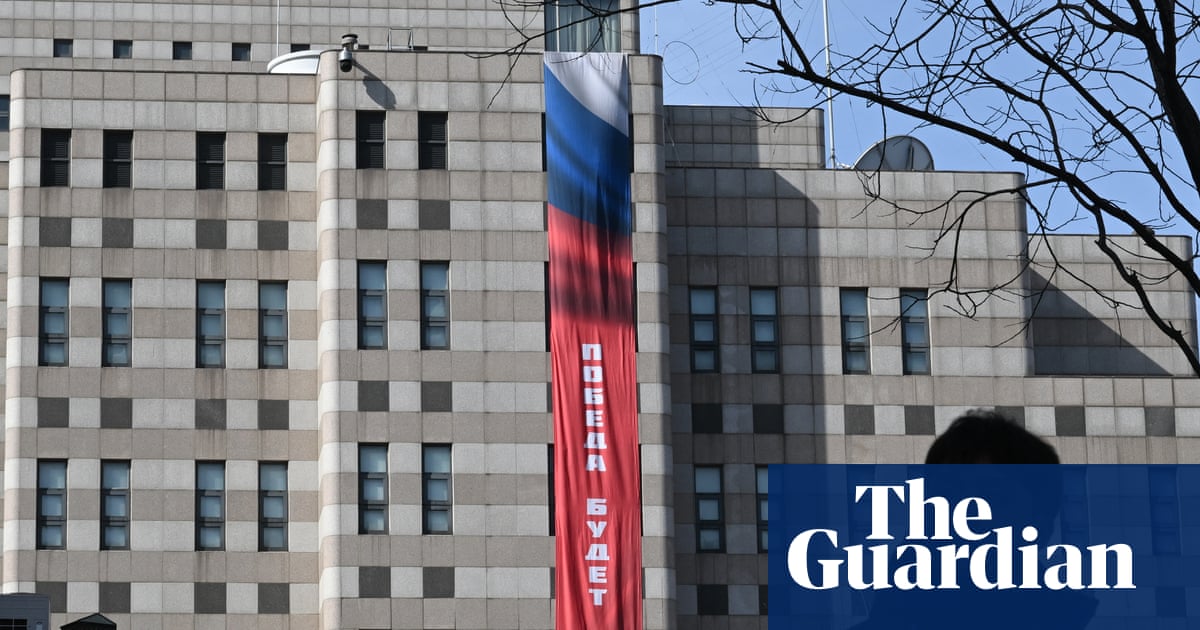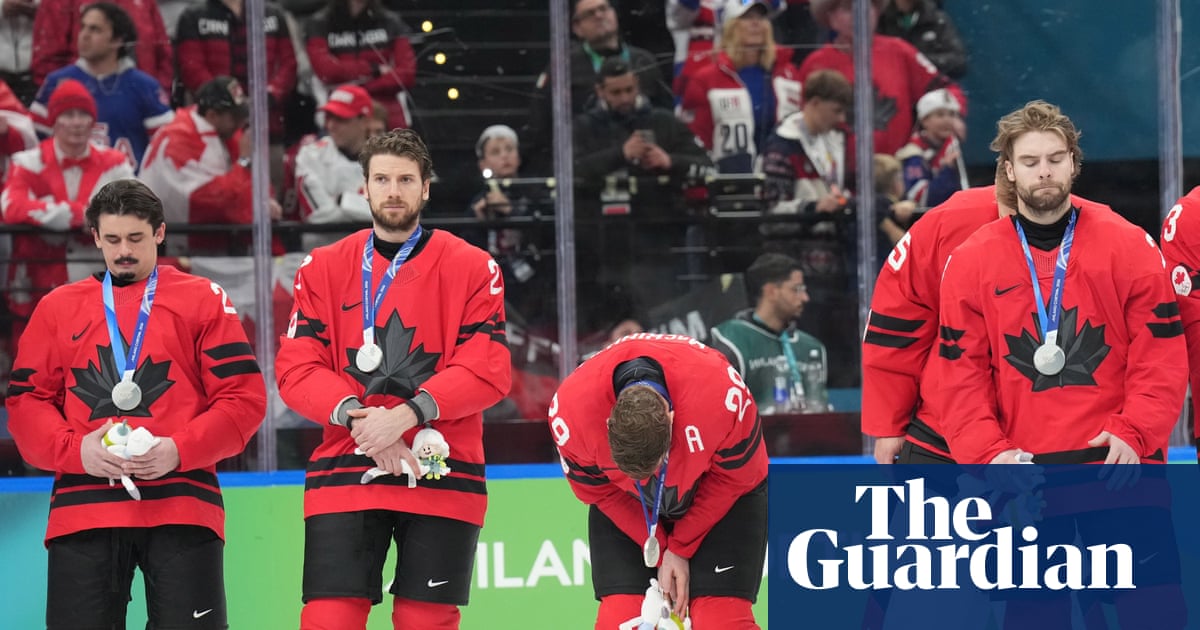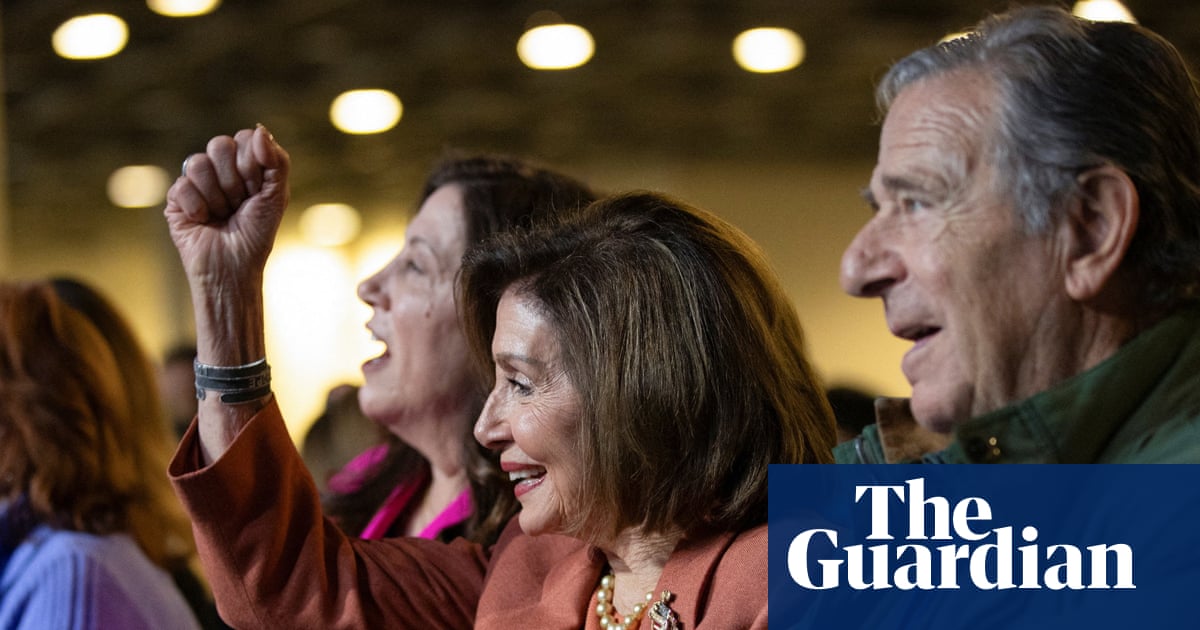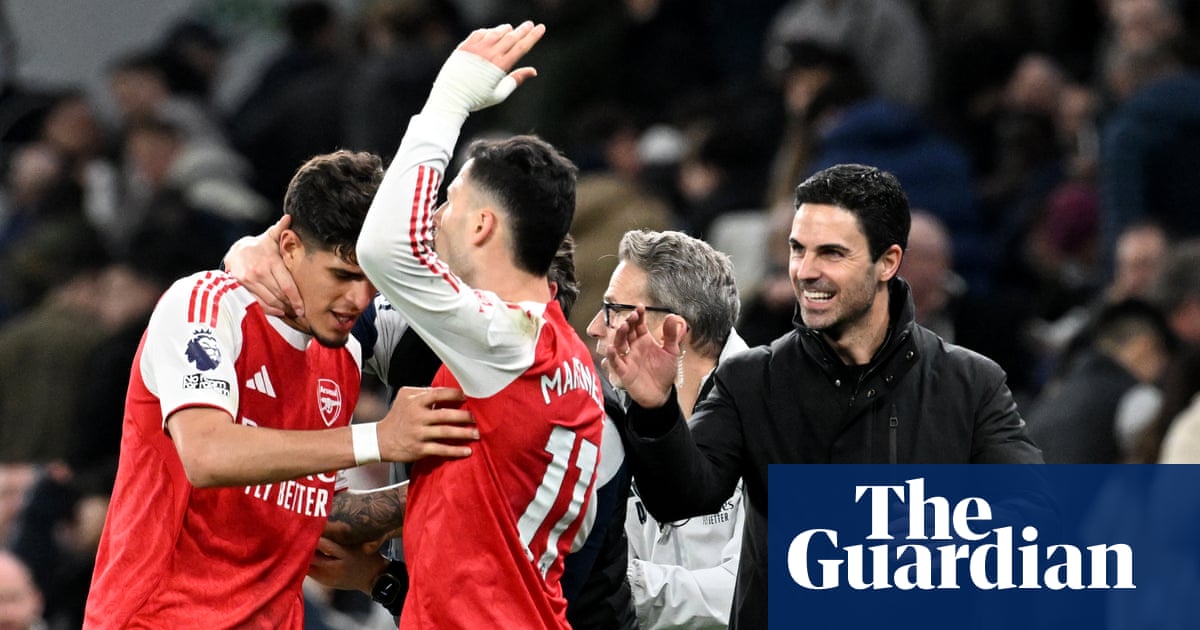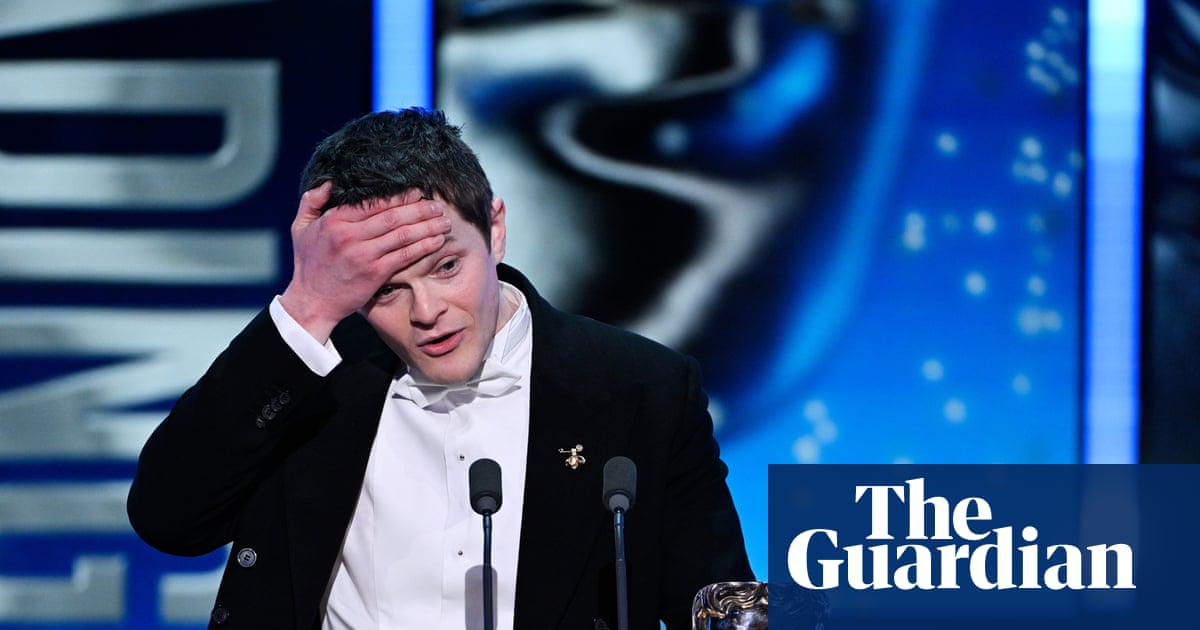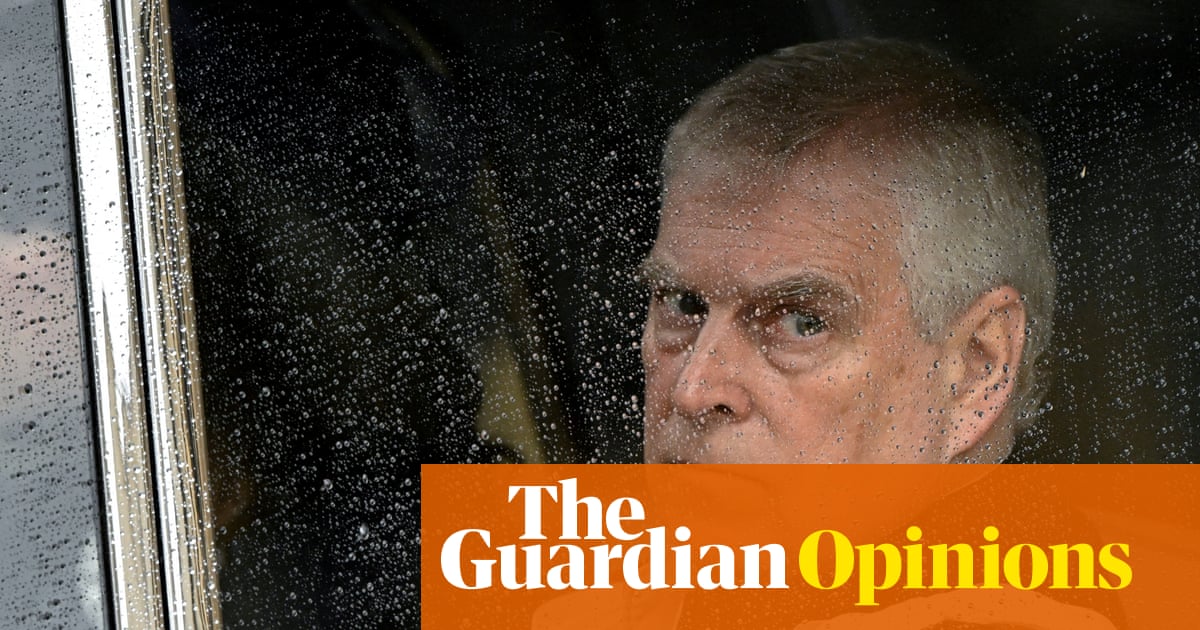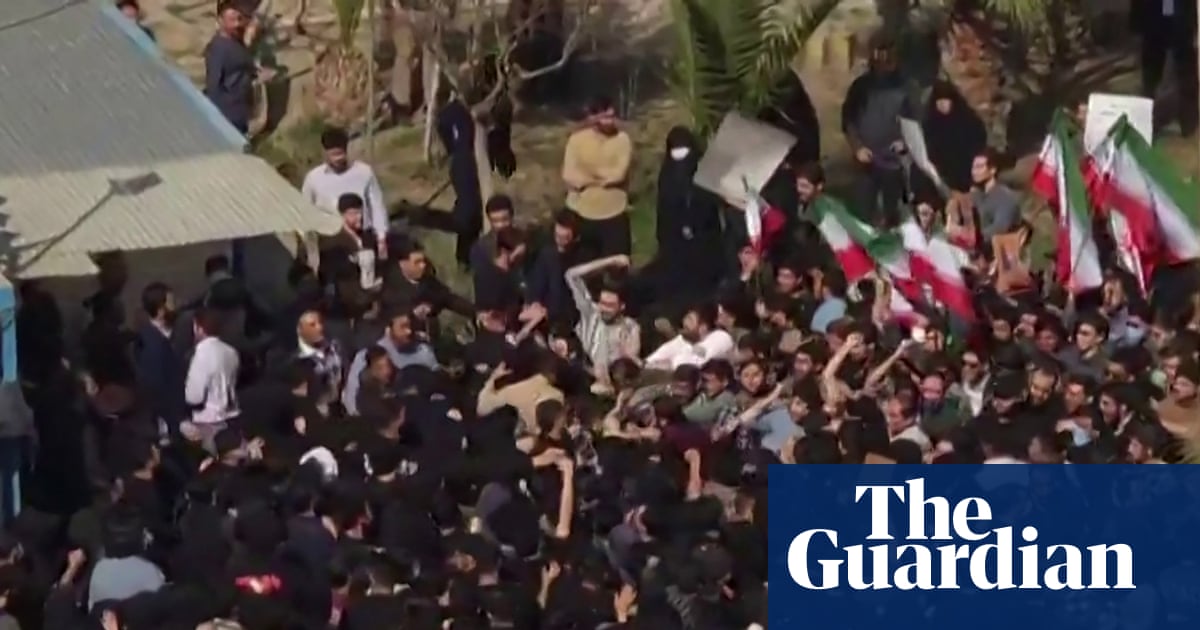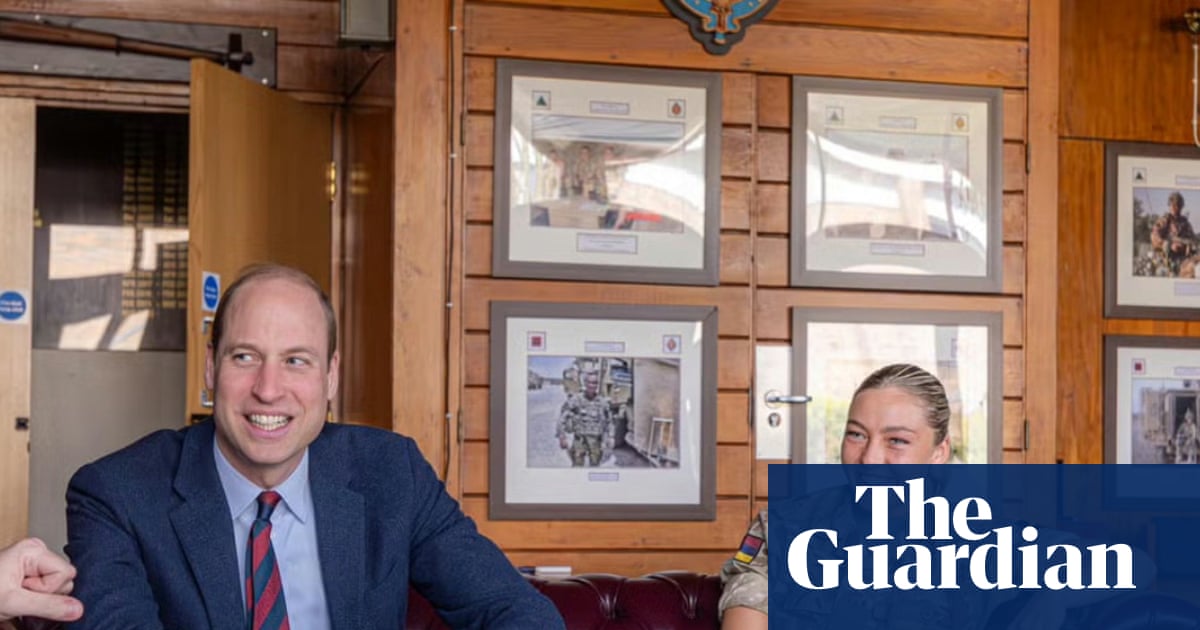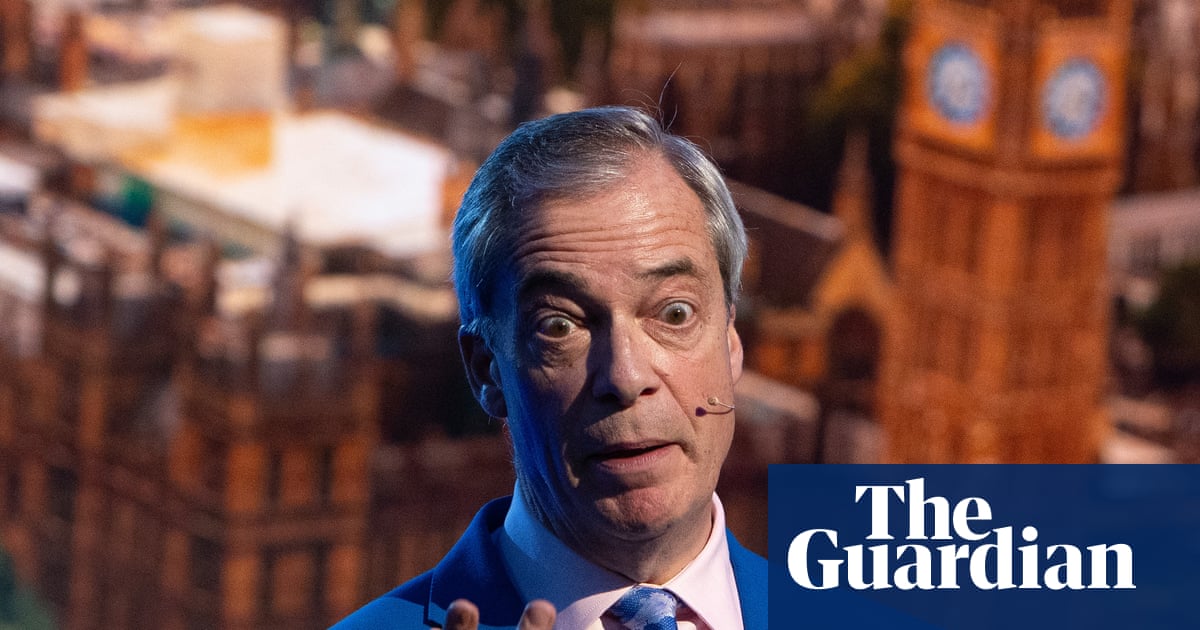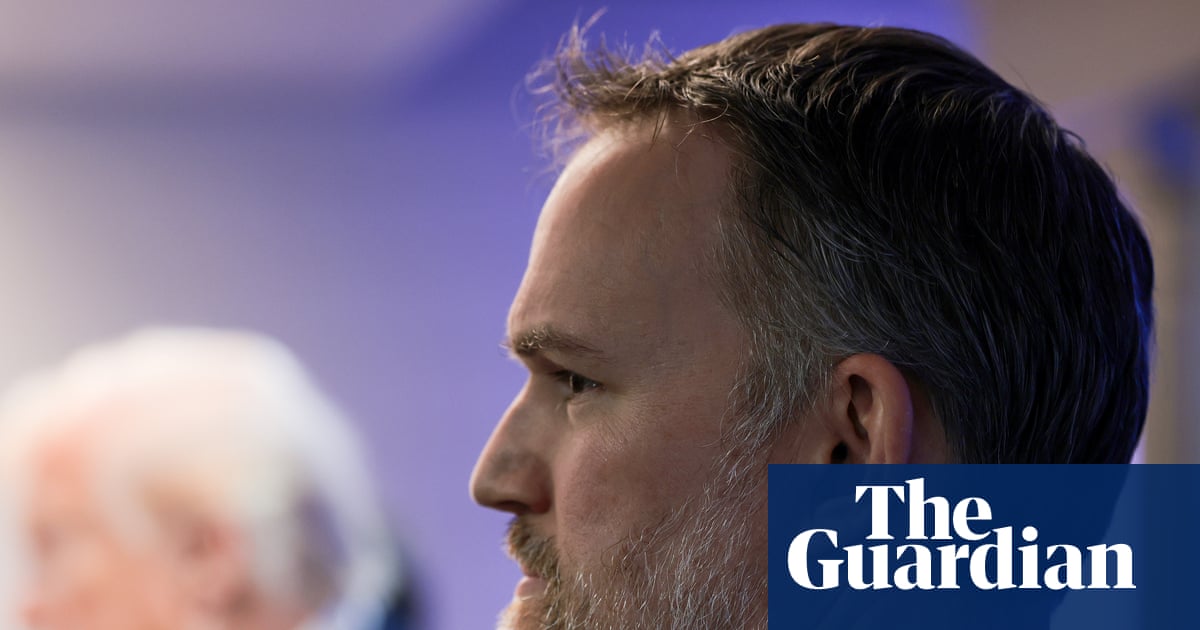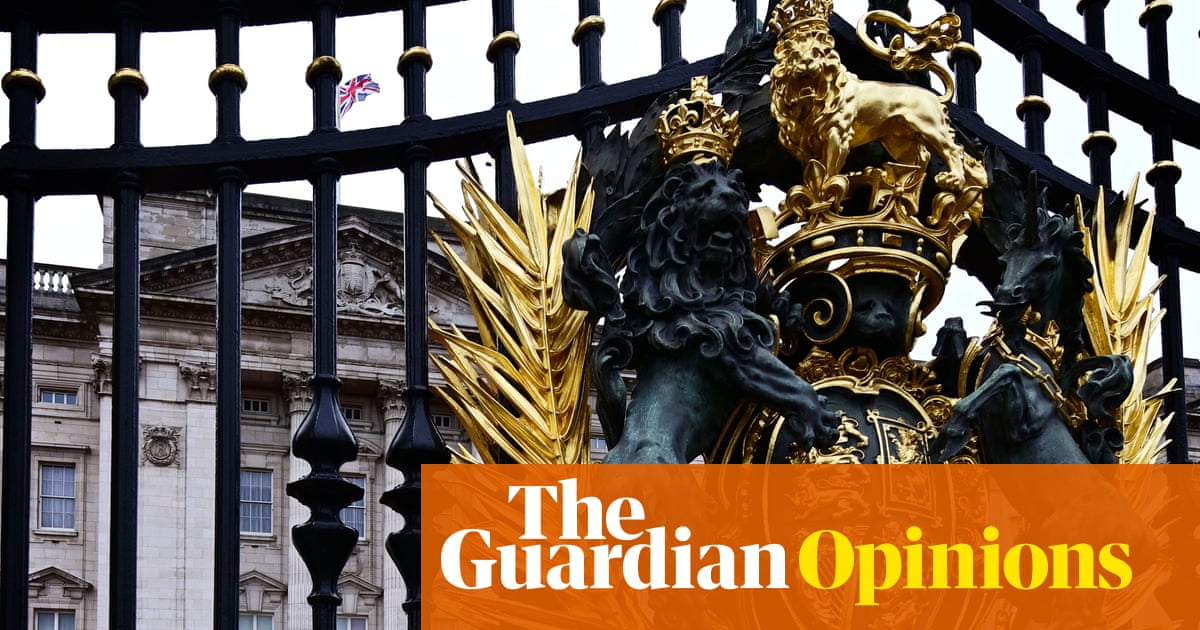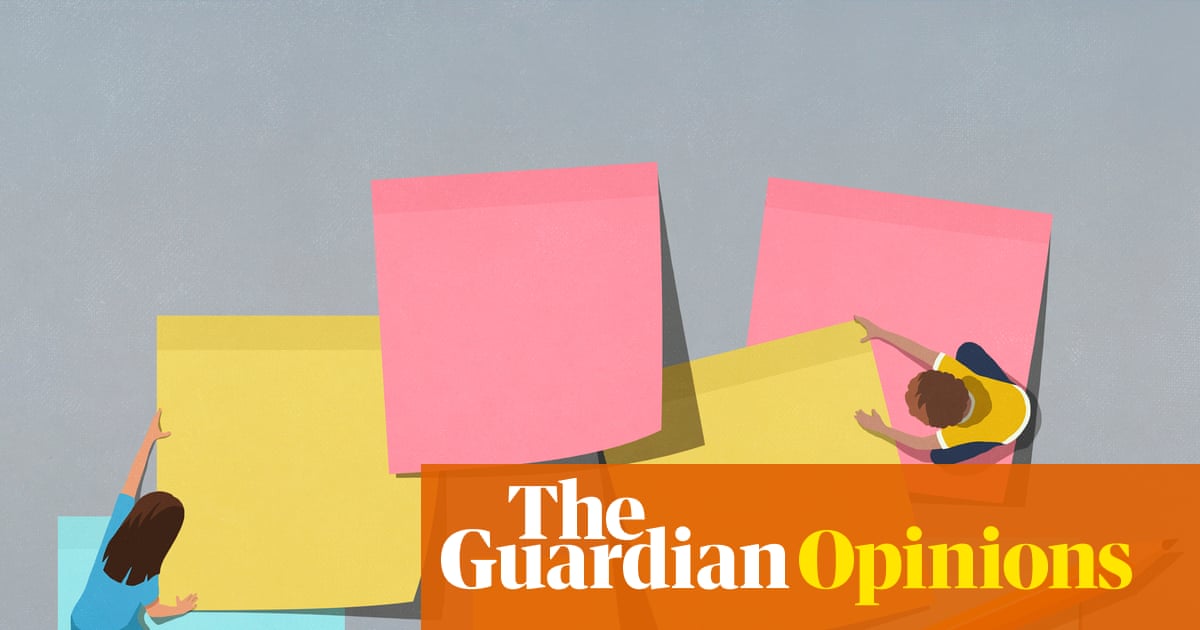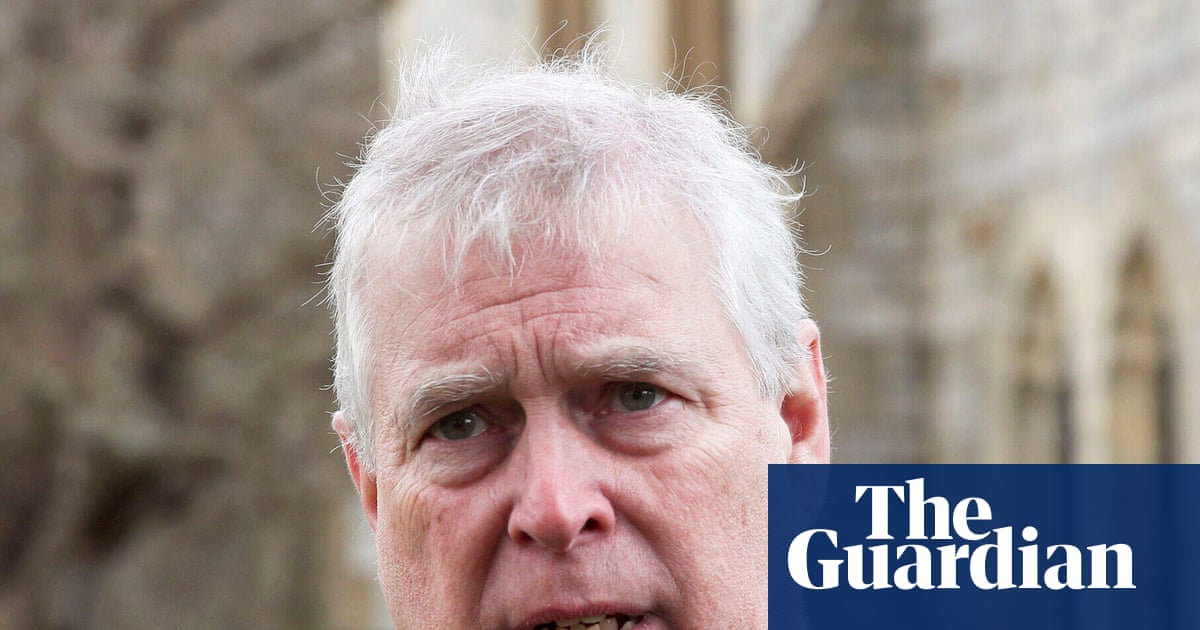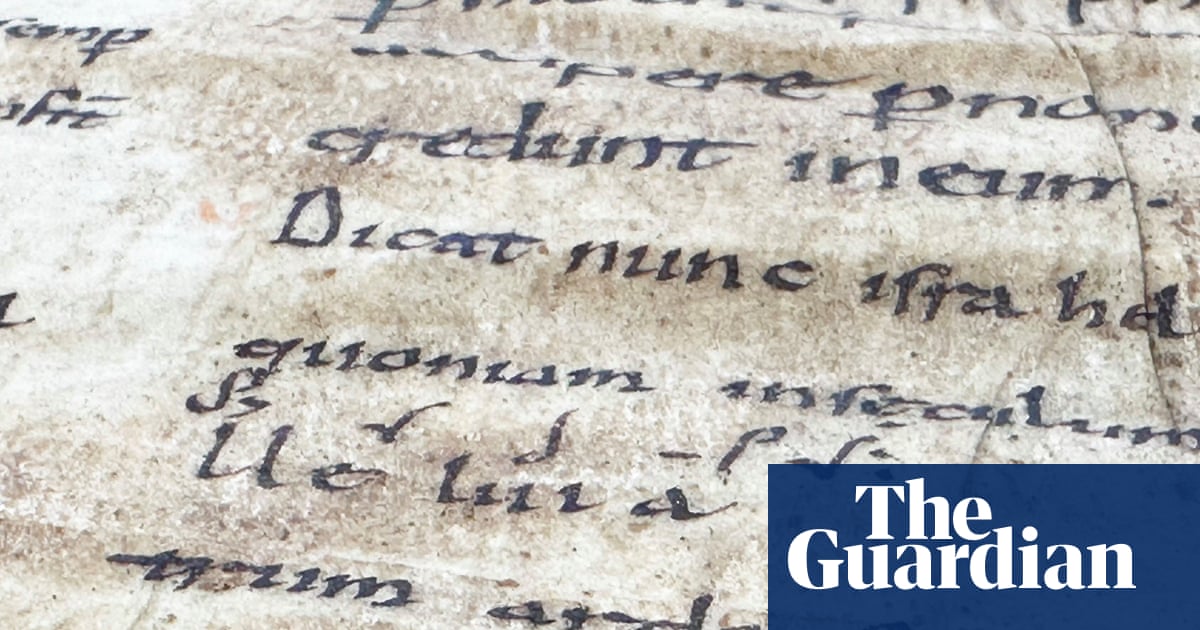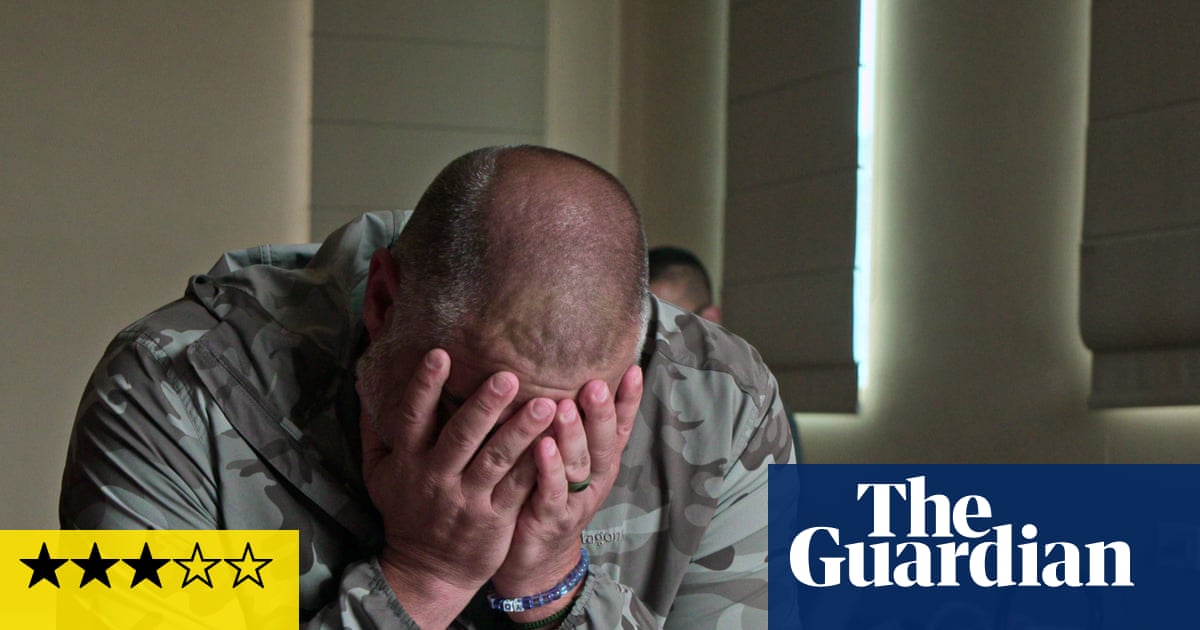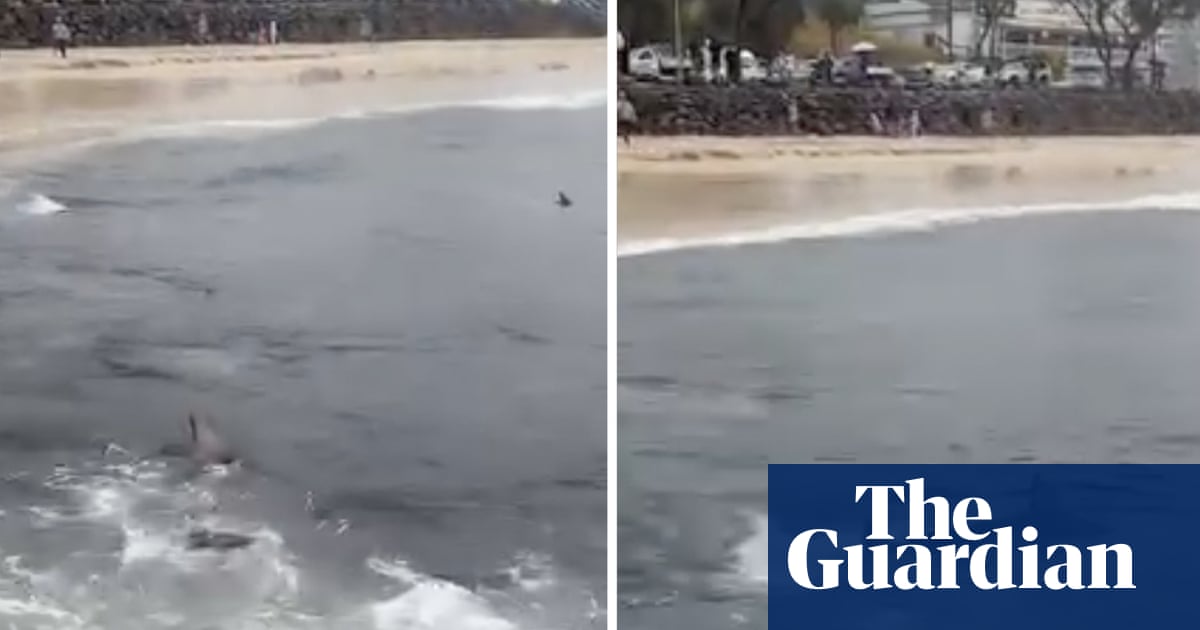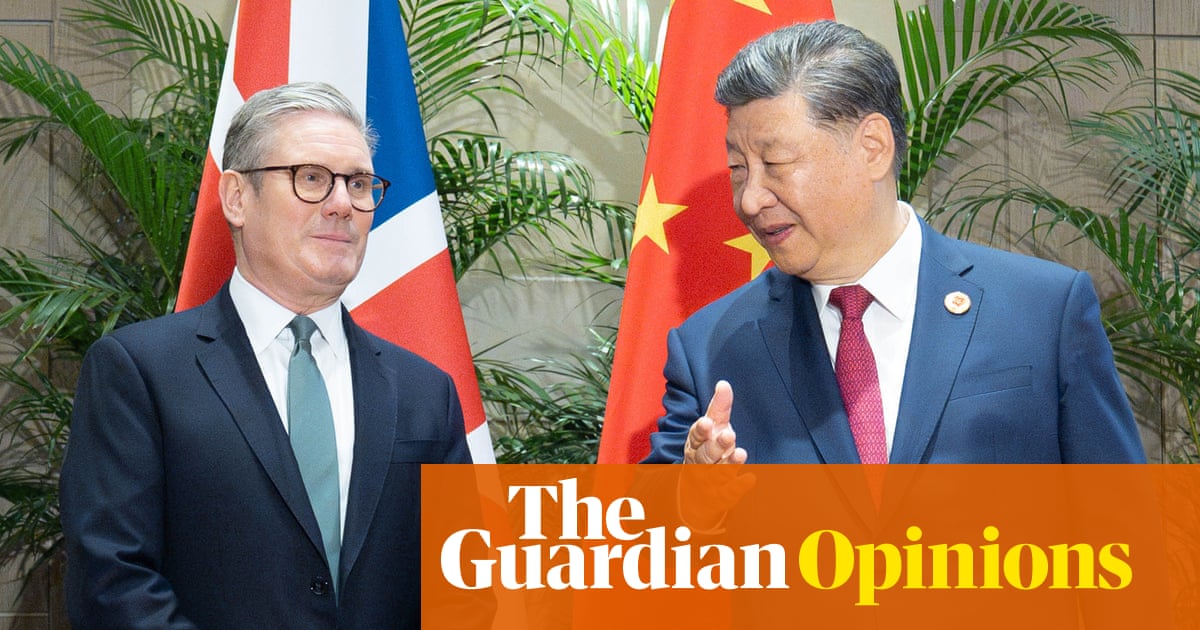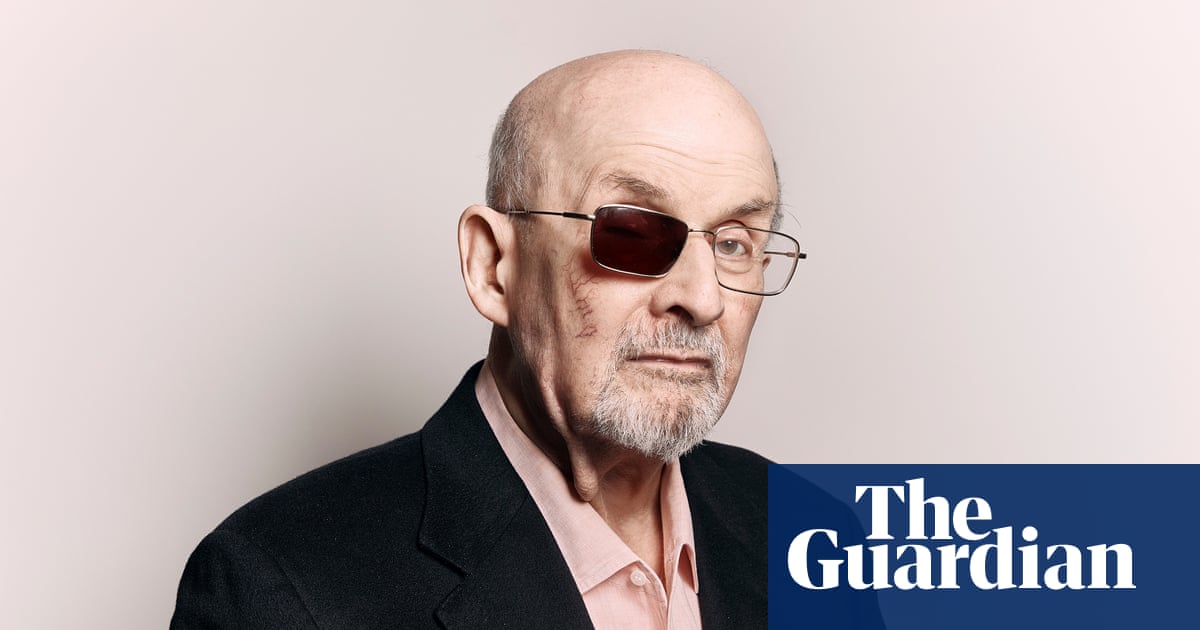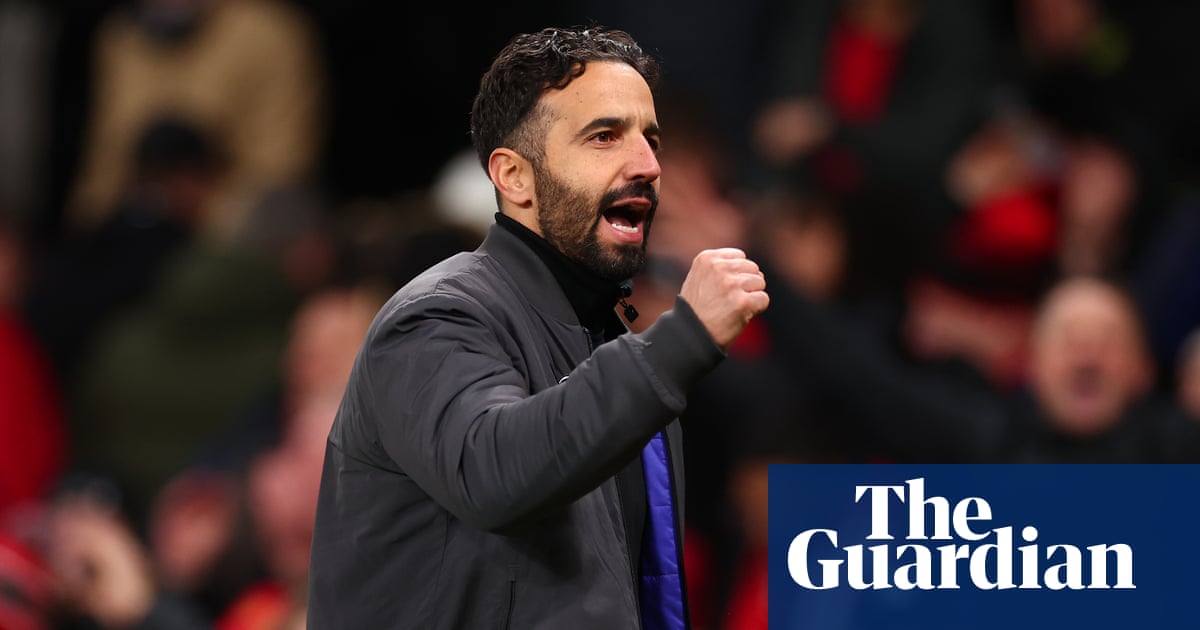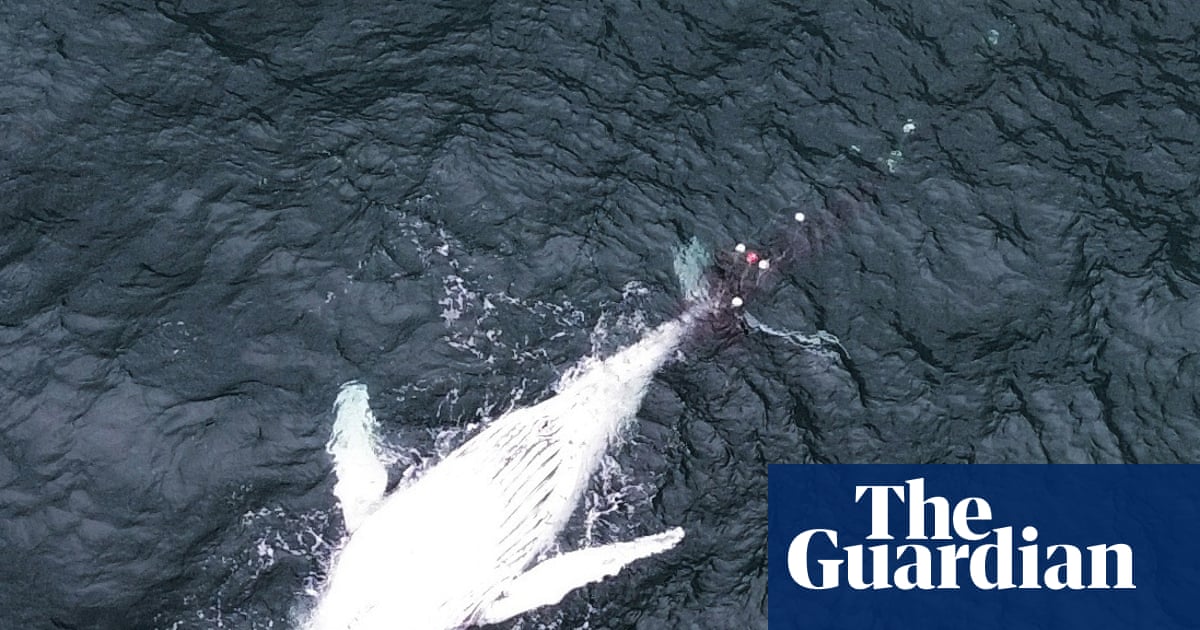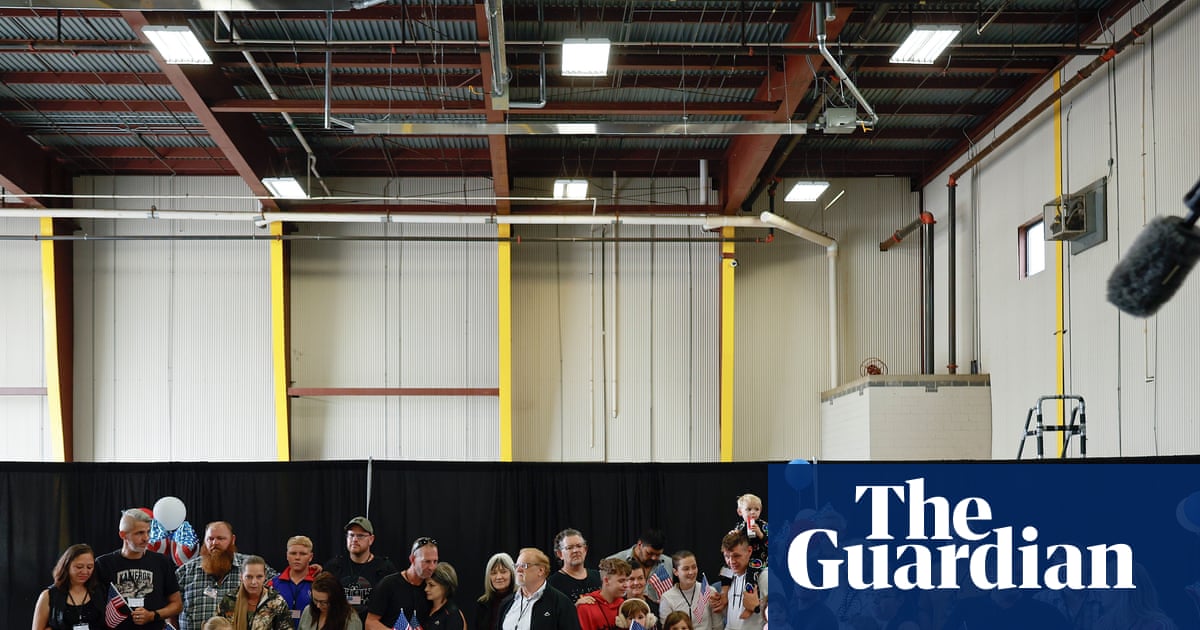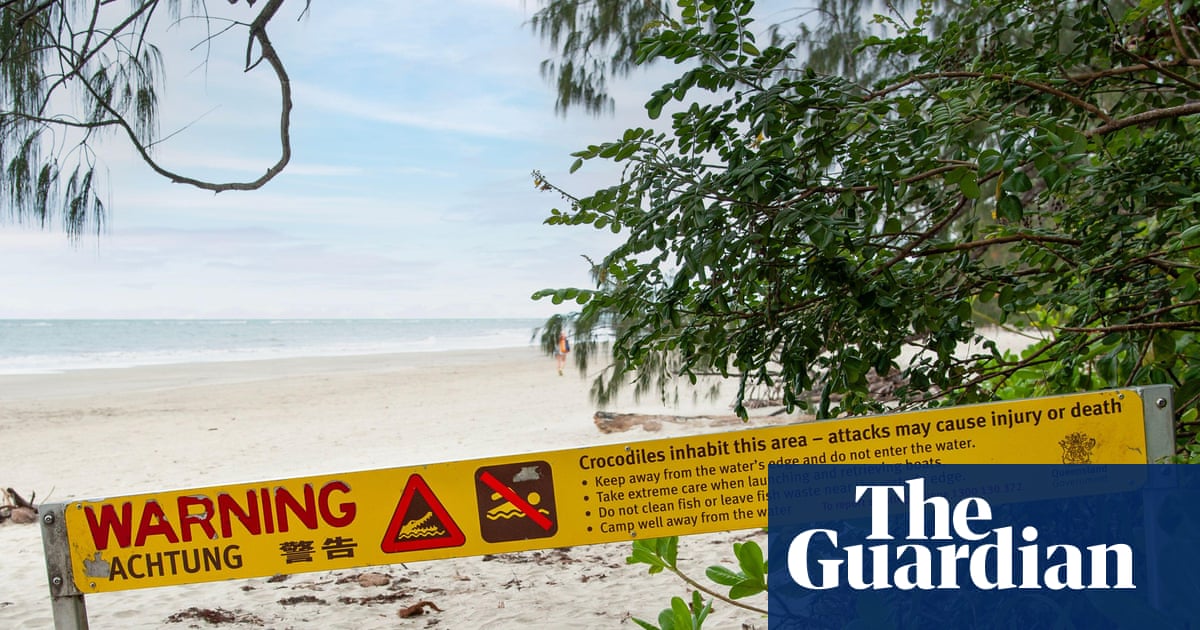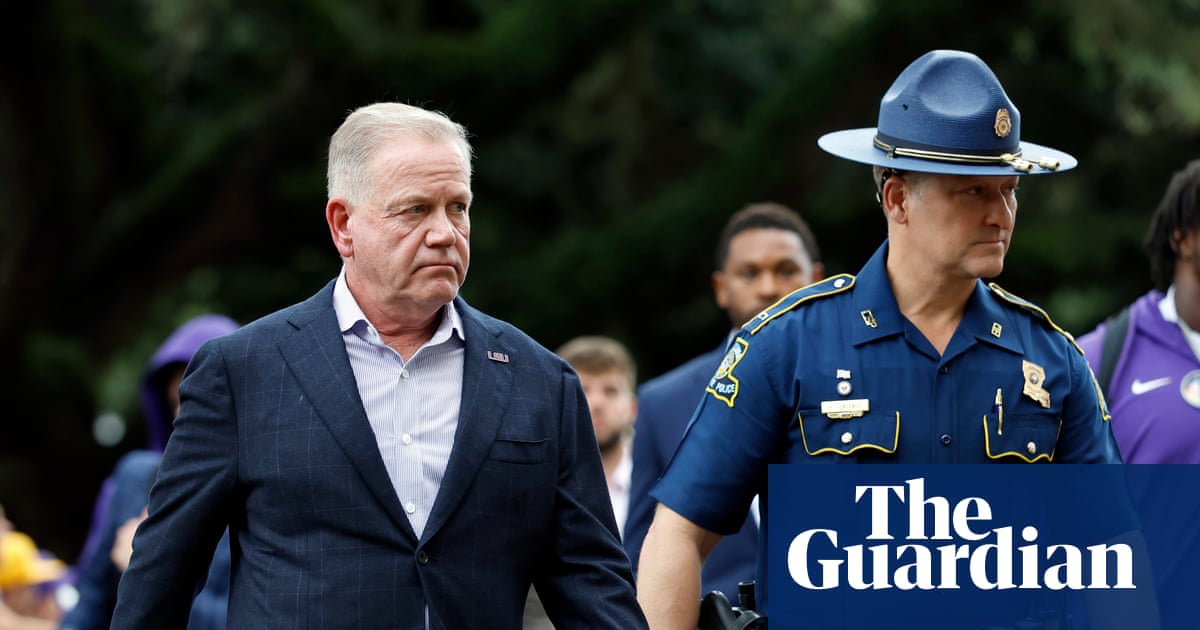Donald Trump insists the war in Gaza is over. No, it isn’t. The violence is much reduced. Yet Israeli forces have reportedly killed about 100 Palestinians and wounded hundreds more since the 10 October ceasefire began. Food aid supplies are still heavily restricted. The occupation continues, in Gaza and the West Bank. US officials fear prime minister Benjamin Netanyahu and his accomplices may renege on the deal, as in the past.
Likewise, Hamas elements and rival gangs have kept fighting. The terrorist group is not disarming; Israeli forces have not fully withdrawn to the agreed lines. US-framed security, governance and reconstruction proposals remain vague, hypothetical and contentious. The war’s root causes, principally the denial of Palestinian sovereignty and statehood, are not addressed. Unless that changes, it will all kick off again, sooner or later.
Yet for the sake of argument, let’s pretend – and hope – that Trump is right, and sustainable peace somehow slowly emerges from Gaza’s ruins. What happens next? Justice is what must happen next. As in other “post-conflict” situations, the living and the dead in Israel and Palestine are owed a reckoning.
All who committed, or oversaw, war crimes on or after 7 October 2023 must answer for their actions. Lest we forget, there are multitudes of victims, on both sides, whose suffering cries out for recognition, resolution and reparation. If only to reduce the risk of resumed warfare, it’s imperative that there be accountability and an end to impunity.
Genocide must never go unpunished. How extraordinary, then, that Trump’s “historic”, supposedly Middle East-transforming 20-point peace plan makes no mention of, and offers no path towards, any sort of official, postwar public investigatory process. Senior European, Arab and UK politicians are silent on this issue, too, apparently keen to draw a veil over the shaming events of the past two years.
One explanation is that, in different ways, their governments were complicit. Another is that the war exposed their lack of influence – and a societally damaging failure, exploited by Netanyahu and some Jewish diaspora leaders, to distinguish between crude antisemitism and legitimate anti-Israel, anti-war sentiment.
It’s even suggested that looking back jeopardises efforts to move forward. Nonsense. The restorative quest for justice, truth and reconciliation in Sierra Leone, Argentina, Rwanda, South Africa, Cambodia and former Yugoslavia demonstrates the opposite can be true. Lessons learned in such places have universal application.
A reckoning is necessary and urgent. So let’s start at the top. Netanyahu and Israel’s former defence minister, Yoav Gallant, were charged last year by the international criminal court (ICC) with war crimes and crimes against humanity, including murder and starvation. The late Hamas chief, Mohammed Deif, was also indicted.
It’s shameful these two fugitives from justice remain at large. Israel must surrender them – or face punitive sanctions. The wartime words and actions of Netanyahu’s far-right accomplices, notably Itamar Ben-Gvir and Bezalel Smotrich, senior Israeli military chiefs and surviving Hamas leaders also require expedited ICC investigation.
Netanyahu must face the consequences at home, too. The unblocking of an independent commission of inquiry into 7 October security failures is essential. And now “peace” has broken out, Netanyahu’s oft-delayed corruption trial must quickly conclude. Trump’s demand that he be pardoned is itself deeply corrupt.
Israel Defense Forces (IDF) actions in Gaza have shocked world opinion and permanently harmed Israel’s reputation. The global verdict is already in: the IDF knowingly and systematically violated international humanitarian law (including the Geneva conventions) and routinely committed war crimes by deliberately targeting civilians.
If this verdict is unfair to what Netanyahu, in all seriousness, calls the world’s “most moral army”, then an independent, external investigation might clear its name. Hamas must answer for its crimes, too.
It’s hard to keep track of all the atrocities, let alone prosecute those responsible. In March, 15 Palestinian medics and rescue workers were executed, the UN said. In April, photojournalist Fatma Hassouna and six family members died in an airstrike on their Gaza City home. In June, civilians seeking food aid were shot in one of many such incidents. These are three recent instances of alleged IDF war crimes, chosen at random.
after newsletter promotion
Israel stands accused by the UN, many governments, human rights groups, legal scholars and informal “people’s courts” of committing genocide in Gaza, which it denies. By some legal definitions – weaponisation of food and forcible transfer – “genocidal acts” are continuing despite the ceasefire. After South Africa and others challenged Israel’s actions, the international court of justice (ICJ) found in January that there was a demonstrable risk of genocide. Yet a final ruling may not come until 2028. That’s an unacceptable delay – and in any event, the court cannot enforce its decisions.
What’s urgently needed now is a UN-sponsored international criminal tribunal for Gaza, modelled on those in former Yugoslavia and Rwanda. It should be empowered to examine all aspects of Israel’s and Hamas’s conduct of the war, especially their shared disregard for civilian lives and their killing, torture and mistreatment of hostages and detainees.
The tribunal, complementing the ICC and ICJ, should also scrutinise wartime political decision-making, and whether third parties such as the US and Iran, which actively aided and abetted the combatants, share responsibility for the unlawful consequences. The culpability of countries such as the UK that armed the IDF must also be assessed. To kickstart this process, all of Gaza should be immediately opened up to UN investigators and international journalists.
An international tribunal with power to punish perpetrators and compensate victims is an essential antidote to Gaza’s world-shaking horrors. It’s not about revenge. It’s about justice – and political will. A tribunal cannot change what happened. Yet it could help ensure it does not happen again. Until there’s a full and honest accounting, the war will never be truly over.
-
Simon Tisdall is a Guardian foreign affairs commentator

 3 months ago
74
3 months ago
74
